Episode 15: Financing Condos
Understanding Condo Financing: What You Need to Know
In Episode 15 of Real Estate Tips with S&L, we dove deep into the topic of financing condos — a crucial area for potential buyers and investors alike. Condominiums can be an excellent option for first-time buyers, downsizers, or anyone looking for a low-maintenance lifestyle, but financing a condo can come with unique challenges.
In this episode, we discussed everything you need to know about getting the right financing for a condo, and how it differs from financing a single-family home.
Here are the key takeaways from our conversation:
1. Different from Single-Family Homes
One of the first things we discussed is that financing a condo is different from a traditional single-family home. Lenders view condos as a more complex investment because buyers aren’t just purchasing the property itself — they’re also purchasing a share of the larger condo association that controls common areas and amenities. This brings extra considerations into play.
2. Condos and the Condo Association
A major part of the condo financing process is evaluating the health of the condo association. Lenders will want to know the financial stability of the HOA (Homeowners Association) because if the association is poorly managed, it can affect the overall value of the property and its ability to maintain the shared areas.
For example, if the HOA is in debt or isn’t properly funding its reserves for things like maintenance or repairs, this could lead to higher fees or unexpected costs. It could also create a risk for the lender, which is why they’ll scrutinize the HOA’s financials before approving a loan.
3. Financing Challenges for Condos
Condos can present a few unique challenges when it comes to financing. Some of the common roadblocks include:
-
High Association Fees: Lenders may be concerned if the HOA fees are too high, as it can impact the buyer’s ability to repay the mortgage. Generally, the higher the fees, the lower the amount the buyer can afford to borrow.
-
Non-Warrantable Condos: Some condos are considered "non-warrantable," meaning they don’t meet certain criteria set by government-backed loan programs like FHA or VA loans. This can happen if the building has too many units being rented out, the HOA is in poor financial standing, or the condo complex is in disrepair.
-
Resale Restrictions: Some condos have restrictions on who can buy them, such as limits on investors purchasing units or rules that limit subletting. These restrictions can affect the condo’s financing and future resale value, so they need to be carefully reviewed.
4. Types of Condo Loans
There are different types of loans available when purchasing a condo, and which one you choose will depend on the type of condo you’re buying and your eligibility.
-
Conventional Loans: These are the most common type of loan, but they typically require a higher credit score and down payment compared to government-backed loans. A conventional loan may be your best option if you’re purchasing a warrantable condo.
-
FHA Loans: If you’re purchasing a condo that is part of an FHA-approved development, you can take advantage of a lower down payment and more lenient credit score requirements. However, FHA loans can only be used for specific, qualified condos.
-
VA Loans: If you’re a veteran or active-duty military member, you may qualify for a VA loan, which offers 100% financing and does not require private mortgage insurance (PMI). Like FHA loans, the condo must meet certain criteria to qualify for VA financing.
5. Importance of Condo Reserves
When purchasing a condo, it’s important to pay attention to the reserves that the condo association has in place. Reserves are funds set aside for future repairs, maintenance, and emergencies. Lenders will want to ensure that the association has a strong reserve fund to cover major repairs or replacements (e.g., roof repairs or elevator maintenance), so they will often ask for reserve statements as part of the loan approval process.
6. How to Make Your Condo Financing Easier
There are a few steps buyers can take to make the condo financing process smoother:
-
Do Your Research: Before you even start looking at condos, research different lenders to see which ones are experienced in financing condos. Not all lenders are familiar with the intricacies of condo financing.
-
Review the HOA Documents: Ask to see the condo association’s financial records, budget, and meeting minutes. You want to ensure that the HOA is financially stable and actively managing the property.
-
Be Prepared for a Larger Down Payment: Depending on the type of condo and loan you’re applying for, you may need to put down more than you would for a single-family home. Be prepared for this upfront cost.
The Bottom Line:
Financing a condo may seem like a straightforward process, but there are many factors at play that can make it more complicated than financing a traditional home. Understanding how the condo association, HOA fees, and the health of the development can affect the financing process is key to navigating condo purchases successfully.
Ready to explore condo options or need help with financing? Let’s talk! I’m here to guide you through the process and ensure that you get the best financing options for your next condo purchase.
🔗 Tune in: Listen to the full episode below, watch on YouTube or listen wherever you get your podcasts!
Be sure to check out My Little Black Book for a list of my trusted service professionals.
I am your local real estate expert Making Realty Dreams Reality. Give me a call at 978-855-9112 or fill out this contact me form to get started on your homeownership journey.



